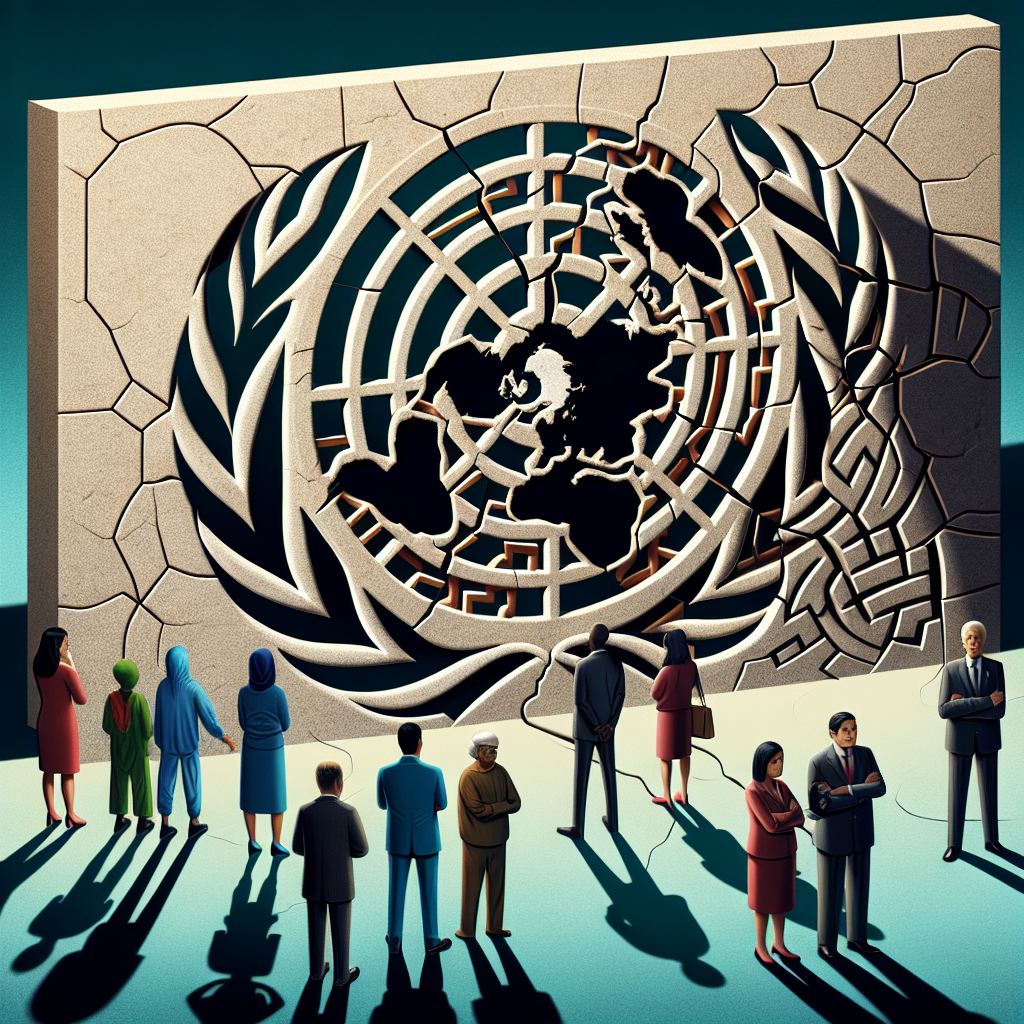Exploring the Causes of the United Nations’ Funding Challenges
Exploring the Causes of the United Nations’ Funding Challenges
Introduction
The United Nations (UN) faces significant funding challenges that threaten its ability to effectively carry out its global missions. Understanding the root causes of these financial difficulties is crucial for developing sustainable solutions.
Key Causes of Funding Challenges
Member State Contributions
One of the primary sources of funding for the UN is contributions from its member states. However, several issues have arisen:
- Delayed Payments: Many member states fail to pay their dues on time, leading to cash flow problems.
- Arrears: Some countries accumulate significant arrears, further straining the UN’s budget.
- Voluntary Contributions: Reliance on voluntary contributions for specific programs can lead to unpredictability in funding.
Global Economic Factors
Economic conditions worldwide also impact the UN’s funding:
- Economic Downturns: Global recessions can lead to reduced contributions as countries prioritize domestic issues.
- Currency Fluctuations: Exchange rate volatility can affect the real value of contributions made in different currencies.
Political Dynamics
Political factors play a significant role in the UN’s financial health:
- Geopolitical Tensions: Disagreements among member states can lead to withholding of funds as a form of political leverage.
- Shifts in Priorities: Changes in government priorities can result in reduced support for international organizations like the UN.
Impact on UN Operations
The funding challenges have tangible effects on the UN’s ability to operate:
- Program Cuts: Insufficient funding can lead to scaling back or discontinuation of essential programs.
- Operational Delays: Financial constraints can cause delays in project implementation and response times.
- Staffing Issues: Budget shortfalls may result in hiring freezes or layoffs, affecting the UN’s capacity to fulfill its mandates.
Conclusion
The United Nations’ funding challenges are multifaceted, stemming from delayed member contributions, global economic factors, and political dynamics. These issues not only hinder the organization’s ability to function effectively but also impact its global initiatives. Addressing these challenges requires a concerted effort from member states to ensure timely payments, adapt to economic changes, and navigate political landscapes. By doing so, the UN can continue to play a pivotal role in addressing global issues.














